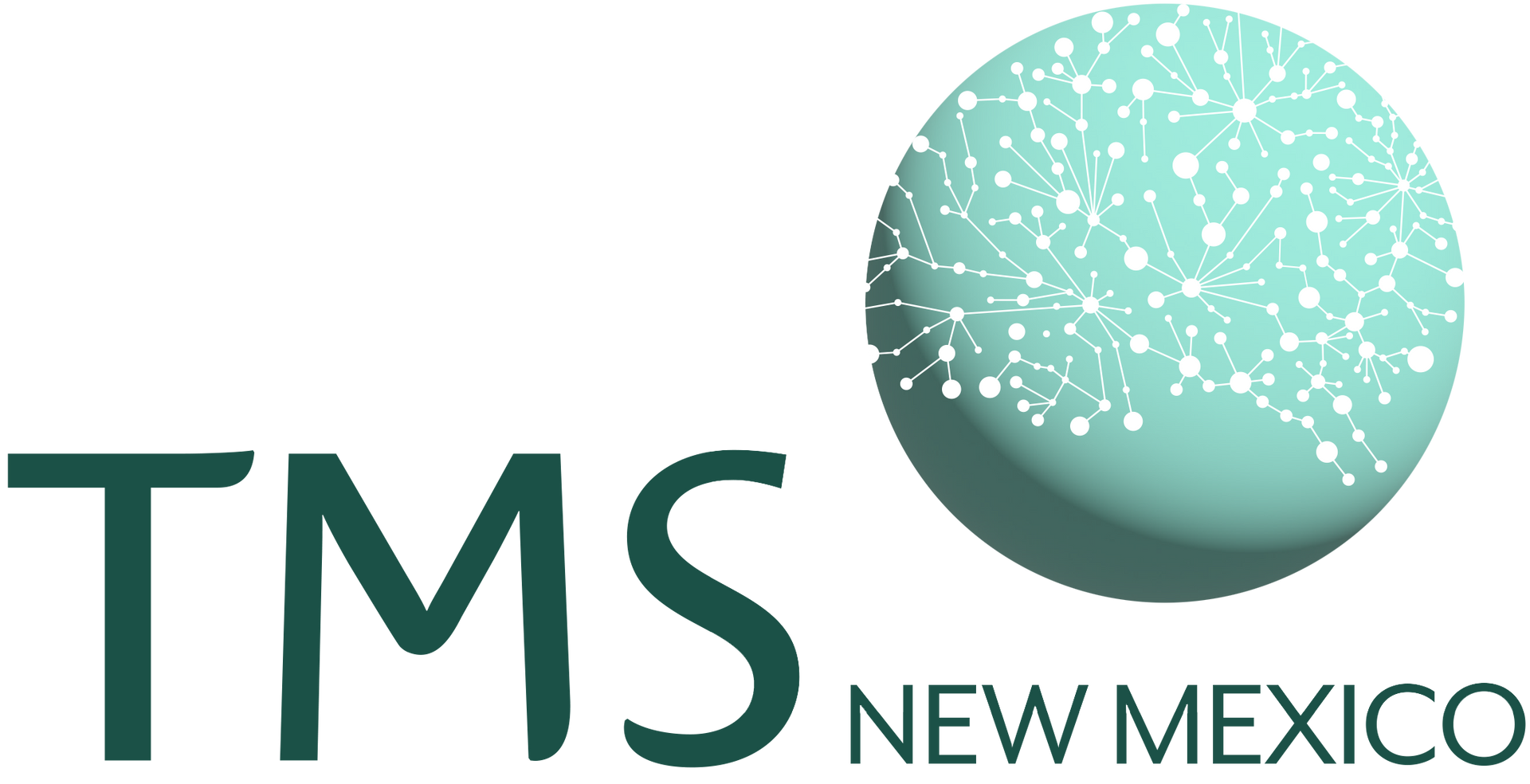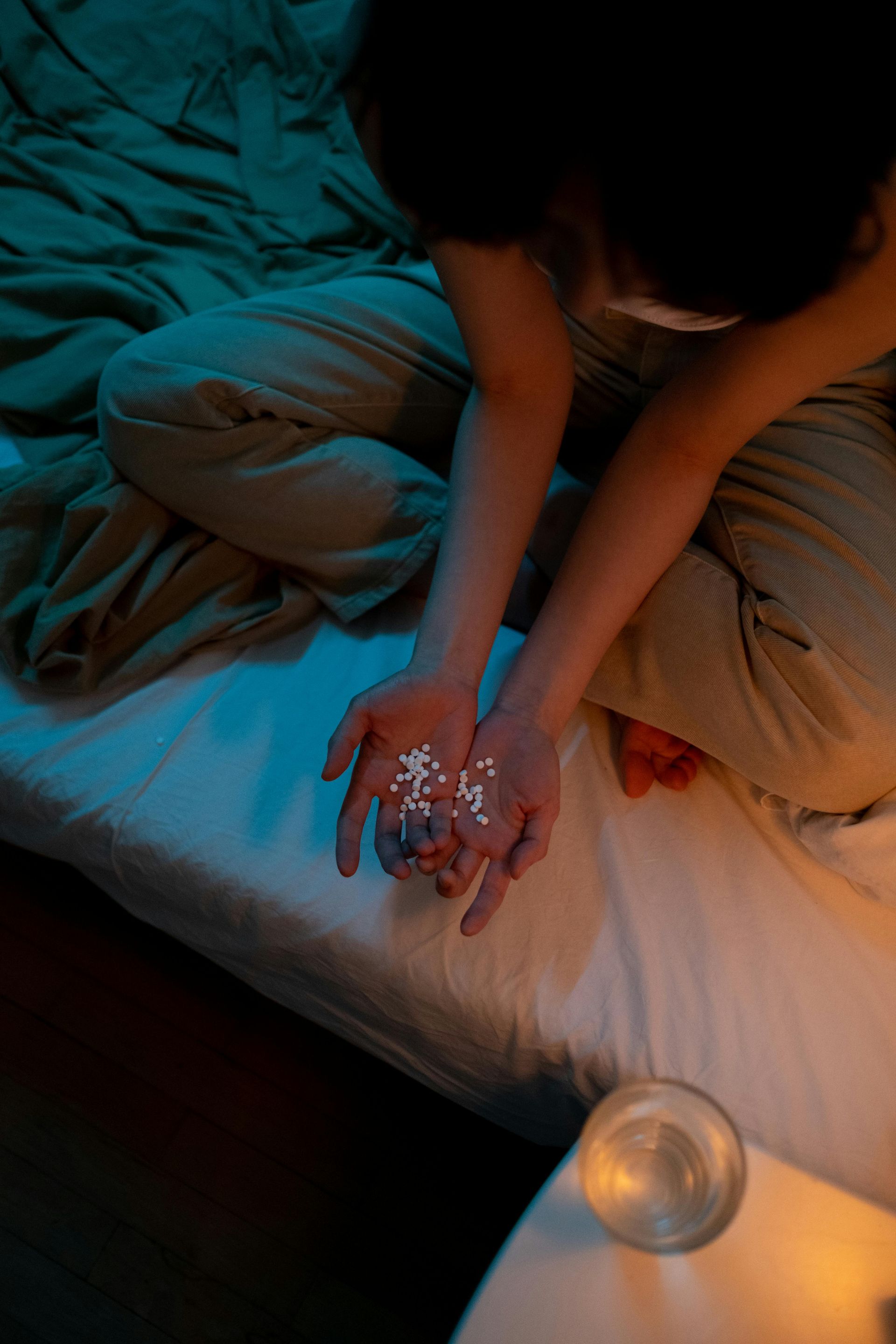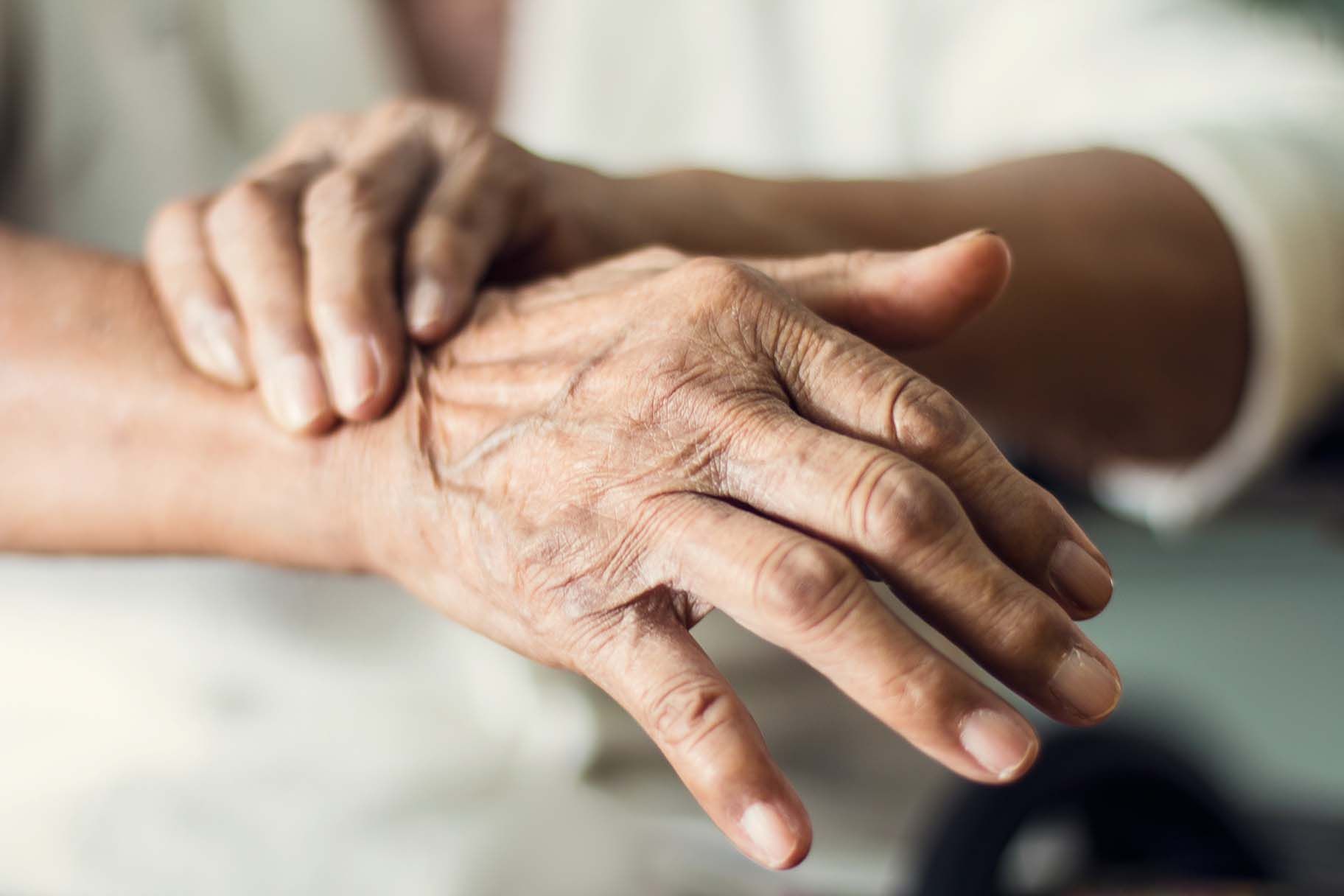How to Help Elderly with Depression: A Guide to Treatment
As people grow older, their health, independence, and overall quality of life may begin to decline, which can sometimes lead to depression. Although depression is common among older adults, it is highly treatable and does not have to define this stage of life. In this article, we’ll explore depression in the elderly, along with the benefits and safety of various treatment options.
Understanding Depression in Older Adults
What is depression?
Depression is a medical illness that changes how a person feels, thinks, and functions. It is more than normal sadness or grief. Key symptoms include depressed mood–feeling sad, empty, and hopeless, and anhedonia–a lack of interest in activities.
To be diagnosed with depression, you experience at least five symptoms at the same time for two weeks. These could be:
- Depressed mood
- Anhedonia
- Weight changes
- Problems sleeping
- Difficulty concentrating and making decisions
- Fatigue or loss of energy
- Feelings of excessive guilt or worthlessness
- Physical agitation or slowing down
How common is it in seniors?
Depression affects millions of older adults. In 2023, 14.7% of US adults met the criteria for depression according to a United Health Foundation report.
Unfortunately,
depression often goes unrecognized in the elderly because it can look different in this age group. Instead of showing sadness, seniors may report more physical symptoms, such as body aches and fatigue. They may also report troubles with memory and concentration, which people may assume is linked to dementia, rather than depression.
What Causes Depression in the Elderly?
Several risk factors make older adults more vulnerable to depression:
- Social isolation: Living alone or having limited mobility can increase loneliness
- Bereavement and grief: Loss of a spouse, siblings, or close friends is a major trigger
- Poor physical health: Heart disease, diabetes, chronic pain, and stroke can reduce someone’s freedom and quality of life
- Loss of purpose: Retirement, reduced independence, or cognitive decline can leave seniors feeling “useless” or without meaning
Treatments for Depression in Older Adults
While depression is common in older age, it doesn’t need to be part of it.
Lifestyle Changes That Make a Difference
- Stay socially connected: Join community programs and participate in group activities
- Find meaning and purpose: Volunteering, faith practices, and hobbies help restore identity and joy
- Exercise regularly: Even gentle movement, like daily walking, improves brain chemistry and reduces stress
- Eat a healthy diet: Nutritious meals keep up good health and stabilize energy; avoiding alcohol prevents mood swings
- Spend time outdoors: Sunlight boosts vitamin D and supports sleep regulation and wellbeing
Psychotherapy (Talk Therapy)
Therapy helps older adults process grief, manage stress, and build new coping skills. The most common and effective types for seniors include:
- Cognitive Behavioral Therapy (CBT): Focuses on changing negative thought patterns that fuel depression.
- Interpersonal Therapy (IPT): Helps seniors cope with role transitions (like retirement) and grief.
Therapists often adapt sessions for older adults by slowing the pace, using memory aids, and sometimes involving caregivers.
Antidepressant Medications in Older Adults
Antidepressants are a first-line treatment for depression. They work by increasing the concentration of serotonin, a chemical messenger, in the brain. While they can be effective, their use in seniors comes with special challenges:
- Slower metabolism: The aging liver and kidneys clear drugs more slowly, raising the risk of side effects.
- Drug interactions: Seniors often take multiple medications for other health problems, which can interact with antidepressants.
- Increased sensitivity: Older adults may be more prone to side effects such as dizziness, confusion, falls, and low sodium levels.
- Treatment resistance: Research shows that older adults may be less likely to experience any sustained benefits from antidepressants.
Because of these caveats, alternative treatments like TMS are especially valuable in older people.
TMS for Depression in Older Adults
How does TMS work?
Transcranial Magnetic Stimulation (TMS) uses gentle magnetic pulses to stimulate areas of the brain that regulate mood. In depression treatment, TMS targets the left dorsolateral prefrontal cortex (PFC), helping restore activity and improve mood and energy.
Over time, repeated treatments strengthen connections between brain cells and restore normal functioning.
What to Expect During a TMS Session
- You’ll sit comfortably in a chair, fully awake.
- A small device is placed against your scalp.
- Magnetic pulses are delivered to the target brain region
- You may experience a mild tapping or clicking sensation on the scalp
- Each session lasts about 20 minutes
There is no anesthesia or recovery time, and patients can drive themselves home afterward.
At TMS New Mexico, we provide TMS in a relaxing environment with highly trained staff present to ensure your safety throughout the procedure.
Why is TMS good for seniors?
- Effective when medications fail
- Minimal side effects, only mild scalp discomfort or headache in some people.
- No memory loss, unlike ECT (electroconvulsive therapy).
- Non-invasive and drug-free
In a
clinical study, TMS improved symptoms in nearly
40% of adults over 50 with depression related to stroke. The subjects had tried at least one type of antidepressant with no response. Early research also suggests TMS may help with
mild cognitive impairment, giving it dual benefits for mood and brain function.
Is TMS Safe for Older Adults?
TMS is considered one of the safest depression treatments for elderly adults. Unlike antidepressants, it does not affect the whole body or interact with other medications. Unlike electroconvulsive therapy (ECT), it doesn’t require anesthesia or cause confusion and memory loss.
The most common side effects are mild:
- Scalp tingling or discomfort
- Light headache
- Temporary twitching of facial muscles during treatment
Serious complications can include seizures, permanent hearing changes, and the onset of mania. These risks may be exacerbated by old age, but they are still extremely rare.
At
TMS New Mexico, you’ll have a thorough medical screening to ensure the treatment is safe, based on your medical history. You’ll also be carefully supervised throughout your course of treatment.
TMS for Depression at TMS New Mexico
Depression in later life is not a normal part of aging. It is a medical condition that deserves attention. If lifestyle changes and talk therapy don’t cut it, TMS could be the biologically-based intervention you need.
At TMS New Mexico, we specialize in helping older adults recover when other treatments haven’t worked. Our goal is to restore hope, independence, and quality of life.
Call us today or fill out our contact form to schedule a consultation and learn if TMS is right for you or your loved one.

SHARE ARTICLE
HELPFUL LINKS TO LEARN MORE
Book an appointment at our mental health clinic in Santa Fe, New Mexico. You are not alone!




